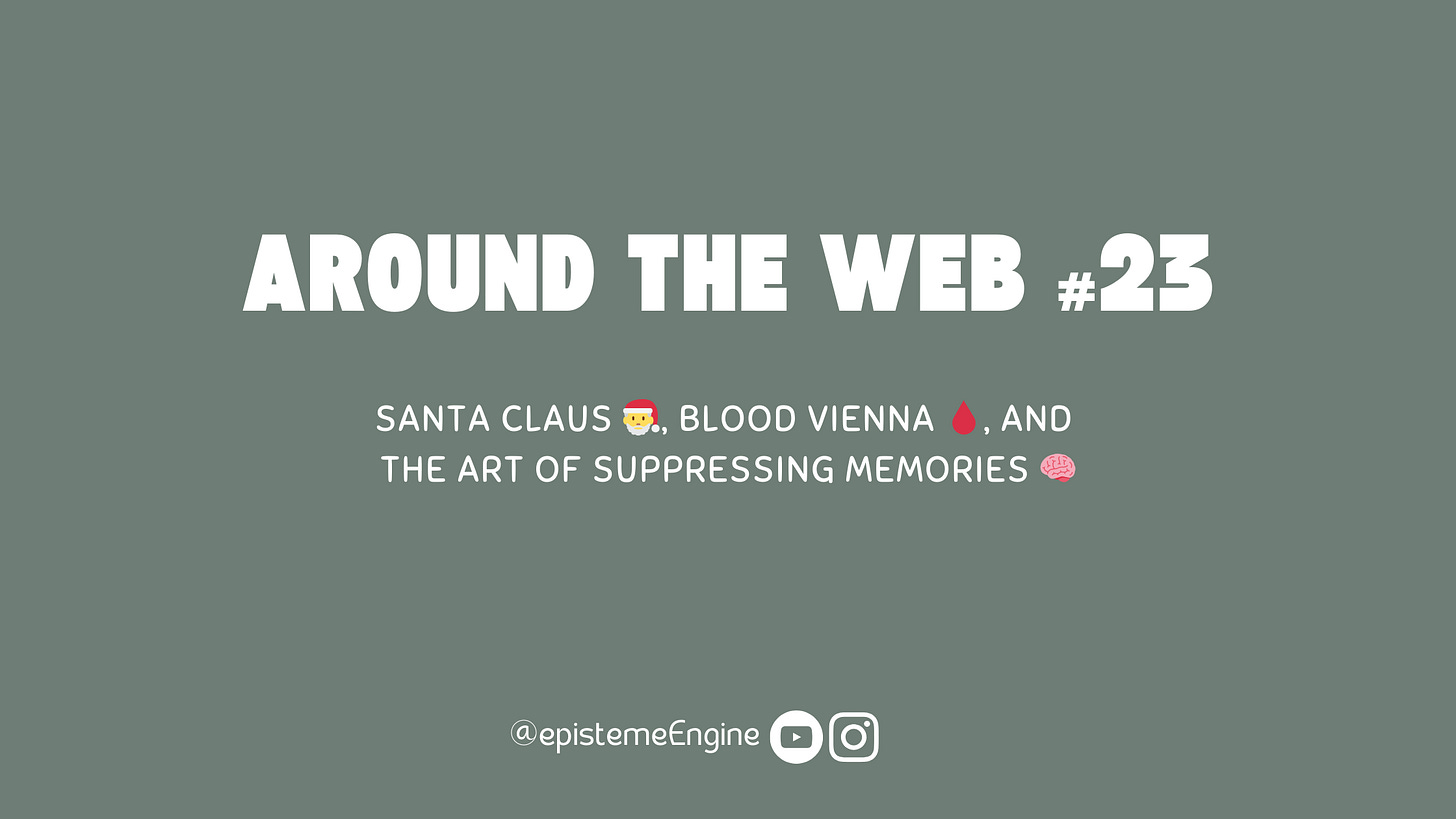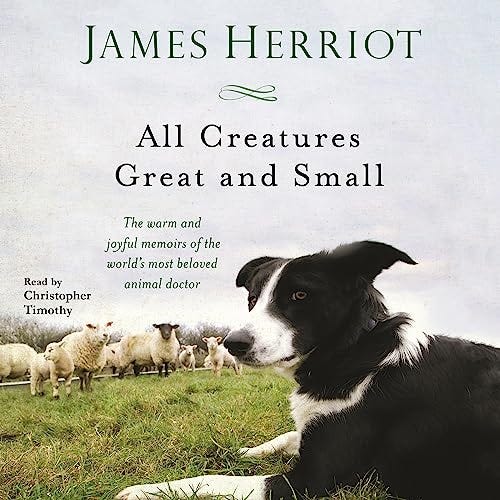Check out my latest AI newsletter.
Watch my latest video essay: How (Not) to be Happy.
[Talking🗣️points for your next outing📍]
🏠US Homelessness is at a record high in 2023.
🪦In the US, men are dying nearly six years before women, largest gap since 1996.
🧠Scientists have identified a way to suppress memories of fear in mice, which could have implications for treating anxiety-related conditions in humans.
[Long Read 📰 / Video 🎥]
[I]: AI Generated Video and Image are getting better.
I have been using genAI images and short videos to power my video essays. So, I spend some considerable amount of time following development in the field. Here are the winners of Gen:48 a two-day short film competition by RunwayML (one of the leading companies in genAI videos.) Midjourney, the popular genAI tool for images is also getting much, much better!
[II]: Behind the Tragic, Instagram-Perfect Life of an Ex-Disney Executive
In my latest video essay, I wrote “In fact, fame and wealth are not merely overrated, they are often ‘death’ traps waiting patiently for those who are unprepared for its intrigue.” This Wall Street Journal's article about a former Disney Executive and Instagram Influencer strikingly embodies this observation in the most literal sense I can think of.
[III]: All Creatures Great and Small.
I am a sucker for historical drama. I have watched more than a few shows – such as Jamestown, Blood Vienna, etc – in the last month or so. However, All creatures great and small take the trophy for me. It’s a series of stories by James Herriot about the adventures and experiences of a veterinarian surgeon in the Yorkshire Dales, showcasing his compassionate interactions with animals and their owners.
[IV]: Poor Charlie’s Almanack.
In my last Around the Web entry, I wrote about Charlie Munger’s passing and how I am a proud owner of his Poor Charlie’s Almanack. Well, the book is now available for reading and listening from Stripe Press for free with an inviting UX.
[IV]: The History of Santa Claus
Growing up in Nigeria, I have had my own fair share of Father Christmas adventures and shenanigans – and I absolutely loved it. But why is Santa Claus so widely popular? From Uganda to Nigeria and back to Austria. Ryan Reeves gives us a fairly detailed history of Santa Claus.
He traced Santa development from a 4th-century bishop named St. Nicholas to the jolly gift-giver we know today. Likewise, he debunks the myths surrounding Santa's pagan origins and roots him in the veneration of St. Nicholas, particularly his reputation for generosity and gift-giving.
He then delves into the historical and cultural factors that shaped Santa's transformation, such as the Protestant Reformation's shift in focus to Christmas and Washington Irving's writings that established Santa as a jolly figure.
Finally, he highlights the 1930s as the pivotal decade for solidifying Santa's modern image, crediting Haddon Sundblom's Coca-Cola advertisements with establishing the iconic Santa Claus we know today.
[V]: Aristotle's Argument for God - Edward Feser
I have not watched much of Alex O’Connor’s Within Reason podcast, but I was compelled to watch one of his latest one with Ed Feser, where he talked about Aristotle’s Argument for God. To be clear, it’s an Aristotelian-Thomistic argument for God.
The conversation starts with Feser explaining the first mover argument. He starts by going over Aristotle’s idea that change is the actualization of potential. For example, when a hand moves from one place to another, it actualizes the potential to be in that new location. This applies to all kinds of change, including qualitative changes like a banana ripening or quantitative changes like gaining weight.
Feser then explains how Aquinas uses this idea of change to argue for the existence of God. He reasons that if everything is constantly changing, there must be something that started it all, something that is not changing itself but is the cause of all the change. This unchanging cause, according to Aquinas, is God.
The discussion is quite intellectual stimulating, and it gets quite complicated and difficult to follow through especially with O’Connor’s objections, such that folks unfamiliar with the subject matter might get lost quickly in the jargons.
[VI]: Discovery is the original sin of the modern Age.
Rohit Krishnan wrote a neat essay on information glut, a problem that plagues all modern citizens. In fact, on my new Instagram page, I alluded to such problems, tagging it the deceit of tech. In brief, he argues that the ease of access comes with the challenge of discovery - finding relevant and desired content amidst an overwhelming sea of options.
[VII]: Scruton Lectures 2023 - Peter Thiel on The Diversity Myth
The odds that I am going to pass over a conversation between Peter Thiel and John Gray is quite low, so I did the needful. The conversation starts with a talk by Peter Thiel and ended with thier conversation. They talked about the Stagnation we have today in several important fields and areas, excessive dogmatism in institutions, cultural wars vs substantive issues, etc. I thoroughly enjoyed listening.
[What I am Reading 📚]
I loved the show so much, I got the book.



